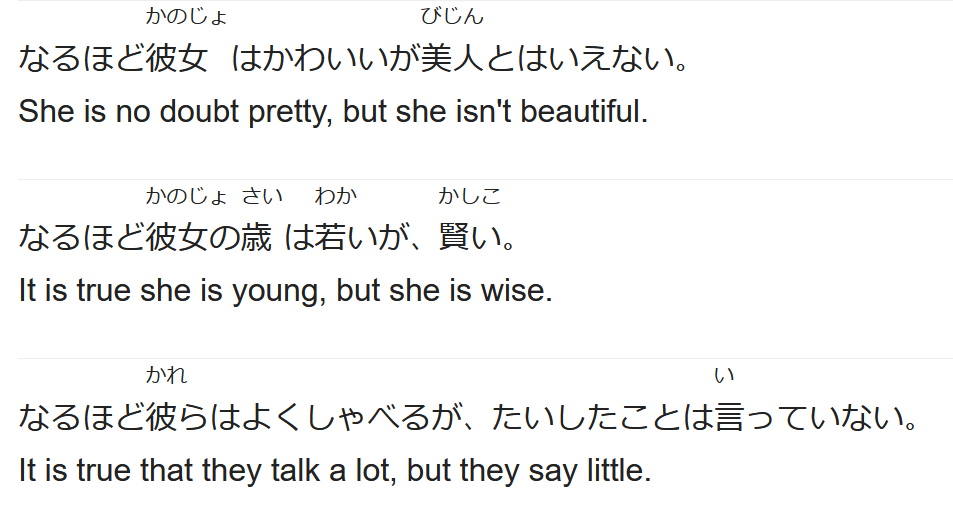Let me start by saying that I liked this week’s story. The extra length gave room for a bit more of a story arc and for some poetic story telling with the second part echoing the first and some more poetic sentences here and there. The subject matter is also very fitting for Ogawa’s time period, I think (and should still be food for thought  ). Translating it was quite a bit of work, though (all those industrial/construction words… )
). Translating it was quite a bit of work, though (all those industrial/construction words… )
Here are some questions I had about the first section:
Near the start a sentence starts with:
また建物といっては、…
Does this mean something like “And, regarding the buildings, …” (or literally “talking about the buildings”)?
A paragraph further, there is a sentence starting with しかるに, which I understand to be a contrasting conjunction (the vocab list gives ‘however/and yet’) but I thought it didn’t really fit that sentence (I don’t really see how it contrasts what goes before). (Maybe I’m making too much of this.)
That paragraph ends with a sentence containing
穴の中にでも引き込まれる
Any specific thoughts about the combination of particles (にでも) used here? I understood that でも can indicate a sense of ”things like” so then this phrase could be ”to be pulled into something like a very deep hole”. Or is there a better interpretation?
In the second to last paragraph (where people are getting afraid of the town) there is a sentence containing
この話がだれからだれに伝わるとなく広がって
What is the role of となく here? I mostly know it from combinations like in @NicoleIsEnough’s grammar explanation (I agree with the “however many people” interpretation there) and Jisho says that it ‘adds vagueness’, but what do you guys think it adds vagueness to?
My thoughts
Does it apply to the full phrase/the verb so that you get “the story spread by being passed down from person to person etc” where the ‘etc’ stands for となく (implying there were more ways in which it spread)
Or does it apply to the だれ making this also a case of ‘however many people’ so that you get “The story spread by being passed down from many people to many people?
Then, near the end of the first part, there is the sentence that starts with
己ばかりはけっして眠くなったとて、…
I have trouble parsing this phrase so any help is welcome.
My thoughts
This what I think I understand:
- 己ばかり means something like “I alone”
- けっして usually means “by no means”, but I thought that required a negative verb
- とて means something like “even” according to Jisho.
At first I though that とて might have been a contraction of と言って and that it was beging used to quote what Kei is saying (because it is so odd that this sentence is suddenly in the first person) but that was just me being creative. Also, it’s a bit strange that Kei would be using the past tense if he is talking about himself (because he still has to go to the town).
If I just put the parts that I understand together than I can come up with a translation like “Even I could become sleepy” but I really don’t see how the Japanese grammar matches that meaning.
![]() . I think I even misspelled it twice: the first time I went through the story I probably searched for もようす and now I was searching for みよおす
. I think I even misspelled it twice: the first time I went through the story I probably searched for もようす and now I was searching for みよおす ![]()


